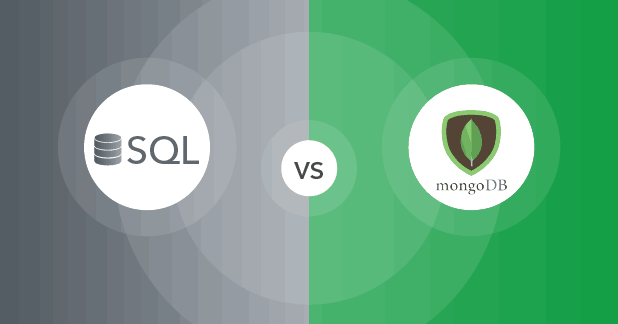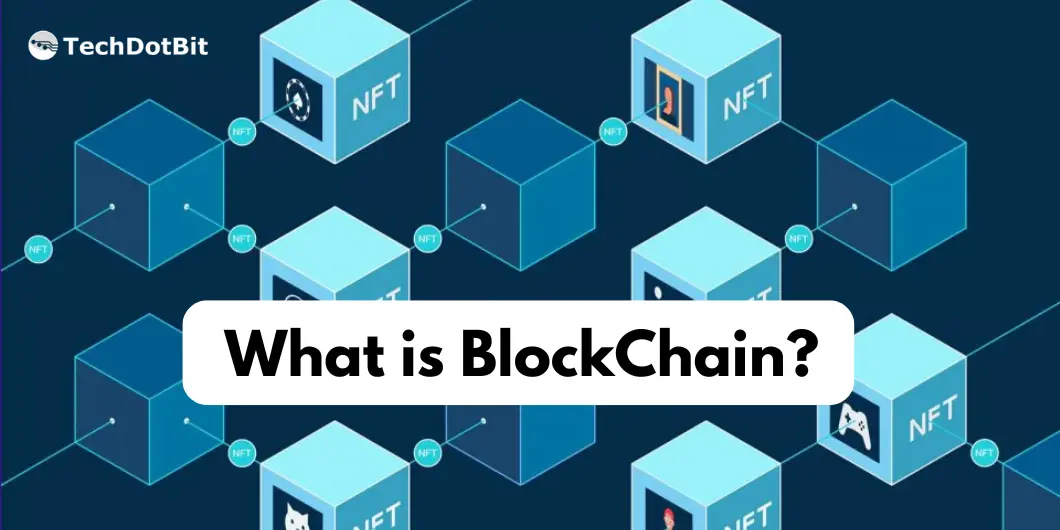When it comes to picking a database for your application, the choice often comes down to SQL (relational databases) and MongoDB (NoSQL databases). Both have their perks and quirks, and the right choice depends on what your project needs. Let’s break down the key differences between SQL and MongoDB and see where each shines.
What is SQL?
SQL (Structured Query Language) is the go-to language for managing and manipulating relational databases. Popular SQL databases include MySQL, PostgreSQL, Oracle, and Microsoft SQL Server. SQL databases use a table-based structure where data is neatly organized into rows and columns. Relationships between tables are managed with foreign keys, ensuring data stays consistent and reliable.
What is MongoDB?
MongoDB is a NoSQL database that stores data in flexible, JSON-like documents. Unlike relational databases, MongoDB doesn’t need a predefined schema, which means it can handle more dynamic and scalable data structures. It’s part of the document-based database family, which also includes CouchDB and DocumentDB.
Key Differences
SQL
Data Model:
Data is stored in tables with rows and columns. Each table represents an entity, and relationships are defined with foreign keys.
Schema:
Requires a fixed schema that must be set up before adding data. Changing the schema (like adding a new column) can be tricky and time-consuming.
Query Language:
Uses SQL for querying and manipulating data. SQL is powerful and great for complex queries.
Transactions:
Supports ACID (Atomicity, Consistency, Isolation, Durability) transactions, ensuring reliable and consistent operations, which is crucial for applications needing strong data integrity.
Scalability:
Typically scales vertically (adding more resources to a single server). Horizontal scaling (spreading data across servers) is possible but can be complicated.
Performance:
Performance can be boosted with indexing, query optimization, and normalization. However, its rigid schema can sometimes slow things down.
Use Cases:
Great for applications needing complex queries, transactions, and data integrity, like banking systems, e-commerce platforms, and ERP systems.
MongoDB:
Data Model:
Data is stored in documents that look like JSON. Each document can have a different structure, providing flexibility.
Schema:
Schema-less, so each document can have a unique structure. This makes it easy to evolve your data model over time.
Query Language:
Uses a JavaScript-like query language. While queries might seem simpler than SQL, MongoDB offers powerful aggregation frameworks for advanced needs.
Transactions:
From version 4.0 onward, MongoDB supports multi-document ACID transactions, making it suitable for applications needing complex transactions.
Scalability:
Designed for horizontal scaling (sharding), making it easier to handle large volumes of data and high traffic.
Performance:
Can offer high performance for both read-heavy and write-heavy workloads due to its flexible schema and horizontal scalability. Indexing and replication also help speed things up.
Use Cases:
Ideal for applications needing flexibility, scalability, and fast development, like content management systems, real-time analytics, and IoT applications.
Advantages of SQL
- Data Integrity: Strong data integrity with ACID transactions.
- Complex Queries: Powerful query capabilities with SQL.
- Mature Ecosystem: Established ecosystem with lots of tools and community support.
- Structured Data: Perfect for structured data in tabular format.
Advantages of MongoDB
- Flexibility: Schema-less design allows easy evolution of the data model.
- Scalability: Built for horizontal scaling, making it easy to scale out.
- Performance: Can handle read-heavy and write-heavy workloads well.
- Agility: Quick development cycles and easy data manipulation.
Limitations of SQL
- Scalability: Horizontal scaling can be tricky and expensive.
- Flexibility: Rigid schema makes adapting to changes harder.
- Performance: Might slow down with very large datasets or high write throughput.
Limitations of MongoDB
- Data Integrity: Historically weaker support for ACID transactions (but better in recent versions).
- Complex Queries: Advanced queries can require complex aggregation pipelines.
- Ecosystem: Less mature compared to SQL databases.
- Data Duplication: Careless design can lead to data duplication and inconsistency.
How Can TechDotBit Help You Choose the Right Database?
At TechDotBit, we’re here to guide you in choosing the perfect database for your project. Whether you’re leaning towards SQL or MongoDB, our experts offer personalized advice tailored to your needs. We’ll analyze performance to ensure your database runs smoothly and help you design efficient structures. Need to migrate data seamlessly? We’ve got you covered, minimizing downtime. Plus, our training workshops ensure your team feels confident with the chosen database. Count on us for ongoing support and maintenance, ensuring your database scales smoothly as your business grows. Choose confidently with TechDotBit—reach out today!
Conclusion
Choosing between SQL and MongoDB depends on your specific needs. If your app requires strict data integrity, complex queries, and a mature ecosystem, SQL databases are likely your best bet. If you need flexibility, scalability, and rapid development, MongoDB might be the way to go.
Both SQL and MongoDB have their strengths and are valuable in different scenarios. Understanding their pros and cons will help you make the best decision for your project.
Additional Resources
- Official MongoDB Documentation
- MySQL Documentation
- PostgreSQL Documentation
- ACID Transactions in MongoDB
- Scaling Relational Databases
This friendly guide should give you a clear picture of the differences between SQL and MongoDB and help you choose the right database for your next project.








